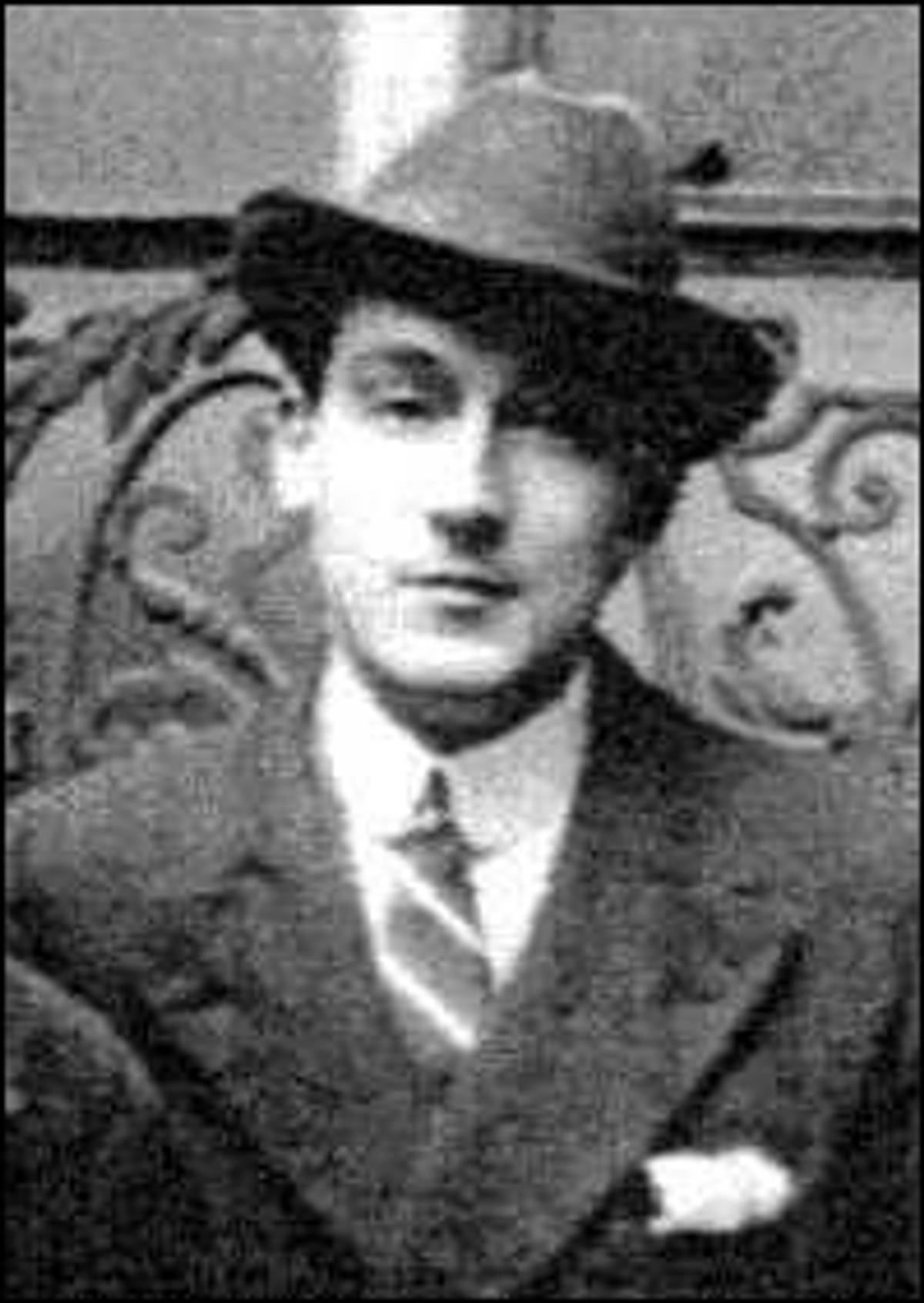When Jacques de Lacretelle’s novel Silbermann was published in 1922, the French Rabbi Libert, writing in L’Univers israëlite, hailed the book as a “masterpiece.” When the novel was translated into English a year later, the American Hebrew called it a “brilliant defense” of the Jew; a certain Rabbi Krass “waved it before his congregation, and said they should all read it.” This praise must have meant a great deal to Lacretelle. Silbermann was only his second novel, and he had tackled an important subject: “the clash of the races,” he called it; the conflict between Jews and Christians in France. This was a matter of no small concern to the French in the 1920s. The Dreyfus Affair ended in 1905, but the ruptures it opened between Catholic nationalists and secular Dreyfusards were still painfully present in French society. La France Juive, an anti-Semitic screed that had been a bestseller when published in 1886, remained influential. Lacretelle, a non-practicing Protestant, felt that his story was so urgent that he had to tell it in autobiographical terms, “as though I had to get up on stage and take part in it myself.”

Now that anti-Semitism is on the rise again in France, it is perhaps appropriate that Silbermann has been retranslated into English. Helen Marx’s skillful rendering of the book matches the simplicity and elegance of Lacretelle’s prose for which he was made a member of the French Academy—but even so, modern readers may not agree with Rabbi Libert’s judgment, let alone that of the American Hebrew. Though Lacretelle’s conscience-plagued Protestant narrator remains interesting more than 80 years later, his portrayal of young David Silbermann falls flat. Here is Silbermann as the narrator first sees him:
His pointed chin jutted out and his pendulous lips hung down, his features appeared curiously taut, only the Adam’s apple sticking out from his neck moved from time to time. His slightly animal-like profile, strangely lit by the sunlight in the classroom, reminded me of the lizards on the terrace at Aiguesbelles who, in the heat of the day, would come out of every nook and cranny, heads jutting forward and throats pumping, to survey the human race.
With his big lips and black, kinky hair (described in another passage), Silbermann is a Jewish caricature, and not a friendly one. He is “animal-like,” a lizard, studying the human race from an alien burrow. Nor will the narrator’s perceptions of Silbermann be altered substantially by the revelation that this ugly, alien boy has an ear for literature. When Silbermann announces his literary ambition, “to shape the genius of my race according to the character of this country,” the narrator’s response is couched in stereotypical terms:
Pitiful, eyes darting with an uneasy look, and often agitated by odd movements, he seemed to feel deeply the pain of all the wanderings and miseries endured by his ancestors. And now finally he wished to rest among us. By joining with us, he wanted to leave behind the scars that persecution and a nomadic life had stamped upon his race.
Little is missing from this description of the Wandering Jew, except, perhaps, beady eyes, or a patched coat, or a sack of gold. The interest of such description is less literary than historical: it illustrates the extent to which anti-Semitism was tolerated, even by some Jews, in the years before the Second World War.
Thirty-seven years after he wrote Silbermann, Lacretelle observed that certain readers (not the Rabbi Libert, presumably) had found the character of David Silbermann crudely drawn. “Is it overdone, this portrait of a young Jew, animated by intellectual ambition? Did I carve his features too deeply, shade his scenes too dark? Assuredly yes. But you must understand why. When one sets out to create a type, one has to make him larger than life.” And Lacretelle goes on: “A type, in literature, always belongs more or less to the category of monsters.” David Silbermann is not meant to be an individual; he is meant to be a type, a caricature. The interest of the novel, as far as Lacretelle is concerned, lies in the narrator’s conscience: can he befriend this enticing, repulsive figure, this grotesque? The more monstrous Silbermann is, the more interesting the narrator’s struggle becomes. Can he love a Jew who looks just like the Jews that everyone else hates? Can he love a typical Israelite, endowed with a typically Israelite intelligence? This strategy, in the context of a study of anti-Semitism, is fatal. How can anyone consider the place of Jews in French society, absent real Jews?
By denying Silbermann characterhood, Lacretelle has robbed his book of moral force; he has also done his own story a grave injustice. He wrote: “I put another me on stage in Silbermann…” Lacretelle means the narrator, of course. Certainly he doesn’t mean Silbermann. And yet the young Jew and the author have a certain number of features in common. Both were enthusiasts of modern literature. Both memorized poems by Victor Hugo for their English teachers; both thought le père Hugo was divine. Silbermann’s father buys objects that belonged to Lamartine; Lacretelle’s grandfather was friends with Lamartine. Silbermann isn’t Lacretelle, of course; no character is his or her author. But he deserves better than he got. By pressing this character, who has inherited his author’s love of literature, this character who is worthy of real affection, into the ill-fitting costume of the Wandering Jew, Lacretelle commits the fundamental mistake of the anti-Semite, or, for that matter, of anyone who subscribes to a belief that they are fundamentally different from us: he forgets that we are, in large part, them.